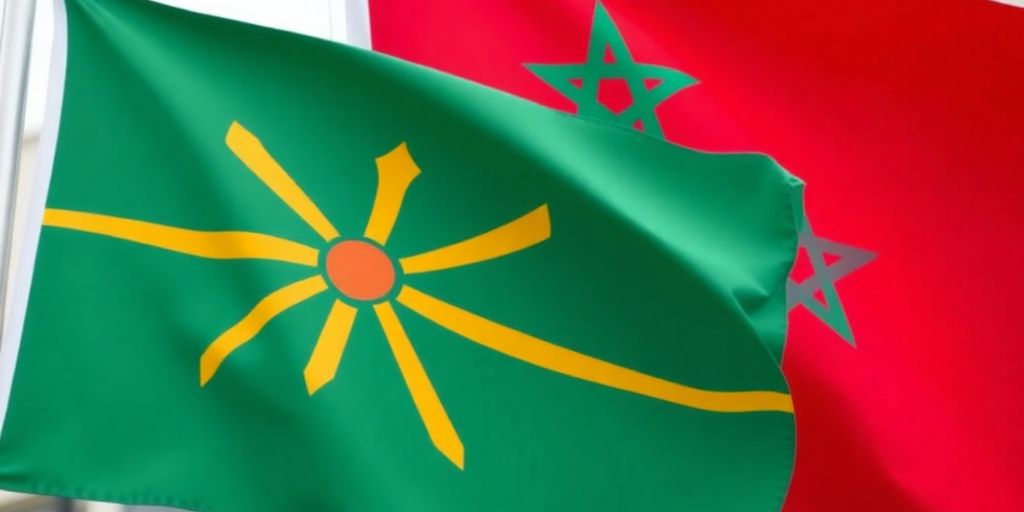North Macedonia has officially declared its support for Morocco’s Autonomy Plan for the Sahara, a significant diplomatic move that strengthens bilateral ties between the two nations. The declaration, made on July 21, 2025, positions Skopje alongside a growing number of European states recognizing Rabat’s proposal as a viable path to resolving the long-standing territorial dispute.
Strengthening Bilateral Relations
Moroccan Minister of Foreign Affairs, African Cooperation, and Moroccans Living Abroad, Nasser Bourita, met with North Macedonia’s Minister of Foreign Affairs and External Trade, Timčo Mucunski, in Skopje. The meeting culminated in a joint declaration reaffirming the commitment to deepen cooperation across various sectors, including economic development, education, and tourism. Both ministers expressed satisfaction with the current state of relations, emphasizing friendship, mutual respect, and shared interests as the foundation for future collaboration.
Key Takeaways
- North Macedonia officially backs Morocco’s 2007 Autonomy Plan for the Sahara.
- The plan is described as the "sole basis for resolving this dispute" and a "serious and credible effort."
- The move signifies strengthening diplomatic ties between North Macedonia and Morocco.
- Both nations aim to expand cooperation in economic, cultural, and tourism sectors.
- Support for the UN-led process and relevant Security Council resolutions was reaffirmed.
Diplomatic Alignment and International Support
The joint declaration explicitly states that North Macedonia views Morocco’s Autonomy Plan as the "sole basis for resolving this dispute." This stance aligns with the growing international consensus supporting Morocco’s initiative as a pragmatic solution. The two countries also reiterated their commitment to the United Nations’ leadership in the political process and expressed support for UN Security Council Resolution 2756, adopted in October 2024. This resolution highlights the responsibility of parties involved in seeking a realistic, lasting, and compromise-based solution.
Broader Cooperation and Future Outlook
Beyond the Sahara issue, the discussions between the Moroccan and North Macedonian foreign ministers underscored a mutual desire to enhance political dialogue and coordination within international forums. The visit also included meetings with North Macedonia’s President, Gordana Siljanovska-Davkova, and the President of the Assembly, Afrim Gashi, indicating the high level of engagement and the strategic importance placed on this burgeoning partnership. This development marks a significant step in North Macedonia’s assertive positioning in international affairs and its alignment with Western partners on global security and diplomatic matters.
Sources
- North Macedonia Backs Morocco’s Autonomy Plan for Western Sahara, connectingregion.com.
- Morocco and North Macedonia strengthen partnership with focus on tourism and diplomacy, Yabiladi.com.
- North Macedonia backs Morocco’s Autonomy Plan as «sole basis for Sahara solution», Yabiladi.com.
- North Macedonia Reaffirms Support for Morocco’s Autonomy Plan for Sahara, Barlaman Today.






